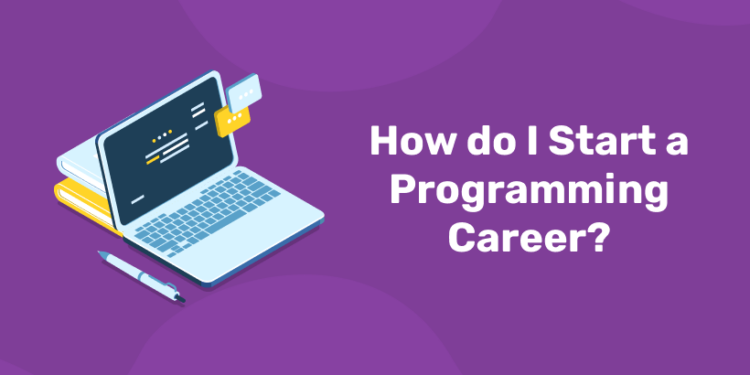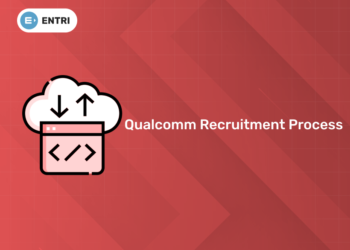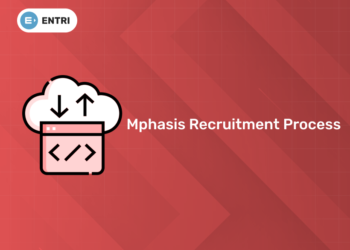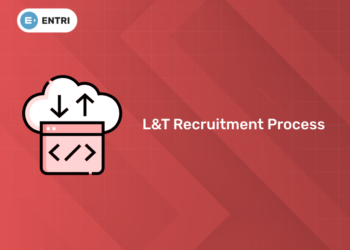Table of Contents
Programmers are considered digital designers who devote their careers to inventing tech features and functionalities. The clearest path to beginning a career in programming is through a computer science (C.S.) degree where one would learn a web development language (like JavaScript, Java, Python, Ruby, etc).
The Computer Programming
Computer programming concentrates on the use of programming languages, such as C++, Java, or HTML, to construct, sustain and update different kinds of software. It is a more open-ended field, corresponding to other computer science fields like computer graphics, which concentrates on visual arts, graphic images, and video; computer engineering, which concentrates on the design and evolution of technology and hardware; or computer networking, which concerns the communication between computers connected via a local area network and the internet.
Programming languages are numeric codes that require digital computer operations. Various kinds of programming languages contain machine and assembly languages, algorithmic languages, business-oriented languages, education-oriented languages, object-oriented, declarative, and more.
Computer programmers assure the correct function of computer systems, programs, and operations for several enterprises. So computer programmers use knowledge and skills in coding, languages, testing, software design, and troubleshooting to achieve their day-to-day work.
To Know More About Programming, Download the ENTRI Learning App!
The Ways to Start a Programming Career
1: What is the default value of a boolean in Java?
If you wish to learn computer programming, there are several key steps to take. Your goals may differ, depending on whether you are looking for a career in web design, operating systems, video games, or mobile apps, but planning out your experienced future is necessary no matter which path you take.
Here, in this article we have mentioned the five steps to becoming a programmer:
-
Choose Which Enterprise You’re Interested In
Your first step should be to determine a general direction for your career path when considering how to become a programmer. Think about why you wish to become a programmer? where do you wish to go? What do you wish to do or perform?
While the moderate layperson might associate programming most with tech, jobs are available in almost every enterprise. Companies in every sector require web developers and programmers; a qualified coder could find their start in any field from artificial intelligence and cybersecurity to social services, health care, financial services, and even agriculture.
-
Determine the Languages You’ll Require To Learn
It’s perhaps more helpful to know whether you would be curious about programming on the front end or the back end. While many of the same talents underlie both, each category has its direction and needs a different set of skills.
-
Begin Learning in College, at a Bootcamp, or Independently
There are numerous ways for desiring programmers to acquire the skills that they require to become professionally competitive and discover a great job; the method that you choose depends on your situation and the aids you have at hand.
You may require to consider how much time you have to devote to learning programming skills. If you are just beginning your career and have saved up some money, you may opt for full-time study to move more quickly into your new career — but if you have outside commitments or require the income that a full-time job provides, a part-time course of study may be most suitable for you.
Want to Join the Best Programming Course? Click Here to Register!
-
Begin Your Projects
Nonetheless of the educational route you choose, beginning your programming projects is a great way to gain knowledge and develop your skills. You can cite these projects when using them for jobs, and experience in large-scale programming initiatives will empower you to make valuable industry connections.
By writing your code and publishing it, you can take the theoretical understanding you learn in a course, at a Bootcamp, or in university and transform it into a practical application. You may not recognize it now, but a well-stocked portfolio of thriving projects indicates your talents to employers more clearly than any well-formatted CV ever could.
-
Begin Looking for Jobs
The steps to establishing your programming career are identical to those in other fields. You’ll need to create a resume or CV, collect your professional references, and pull together a publicly available portfolio. Following discussions and collective programming events can also help you create connections and get to know the industry better.
All of the above can help you to acquire leads, discover jobs, and give a great application. You’ll practice your interview skills and show yourself well, but remember that programming job interviews also contain technical tasks, so get ready to glow when it comes to coding.
The market is desirable, but remember that it may take a few months to discover a programming job depending on your location and current hiring requirements. Programming presents tremendous value as a career, with uses varying from upward mobility to job satisfaction.
When thinking about how to become a coder, think about the educational opportunities that can deliver the training you need within the timeline and cost range you prefer. Don’t let indecision hold you back; if you’re curious about a coding career, look into how you can become a programmer today.
In an overview, you ought to start with selecting a coding discipline and a language. Then, learn it with an online course. The best way to master a language is to construct a portfolio and show it to the world. After that, you can begin applying for some freelance to gather knowledge and credibility. You can also attempt to apply to some entry-level jobs.
You’re now prepared with the essential knowledge to begin a career in programming. You can enhance your programming skills with our programming courses provided by the ENTRI Learning App. It will help you to achieve your goal in your programming career.














